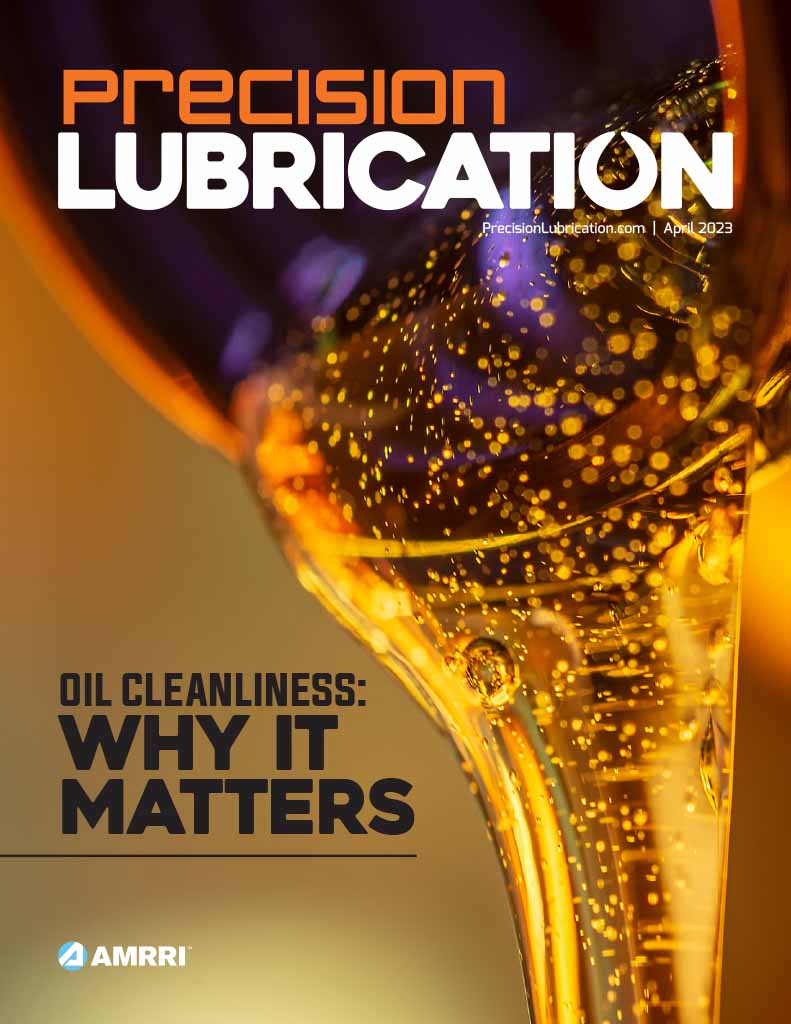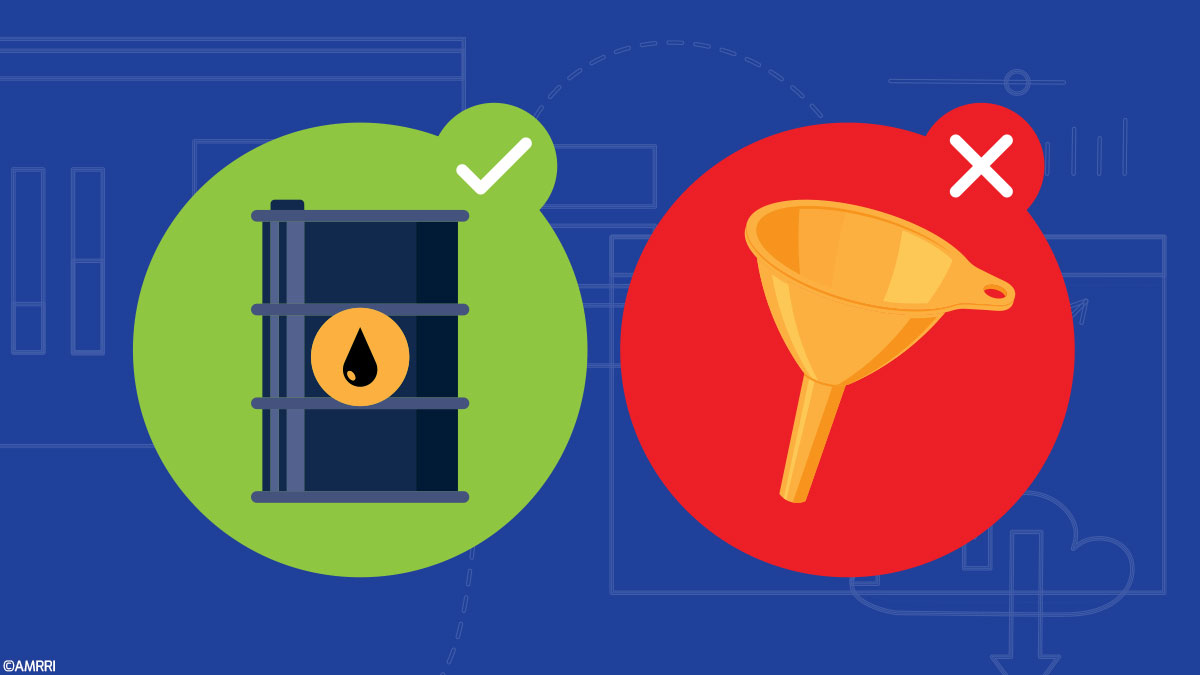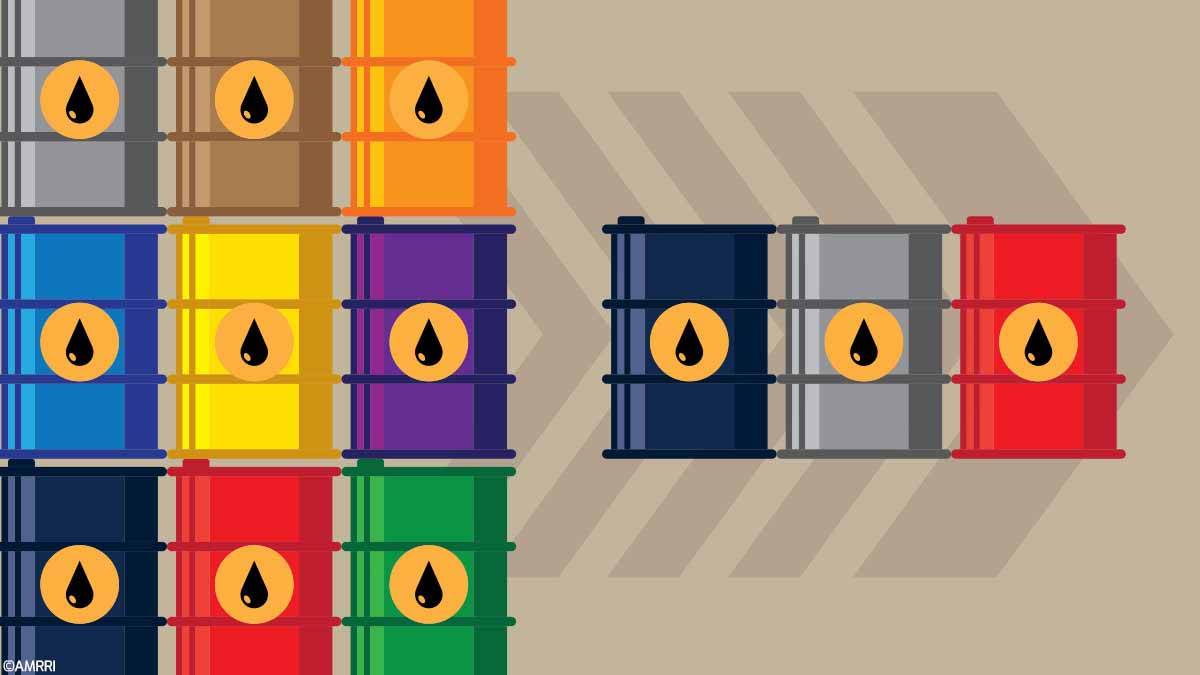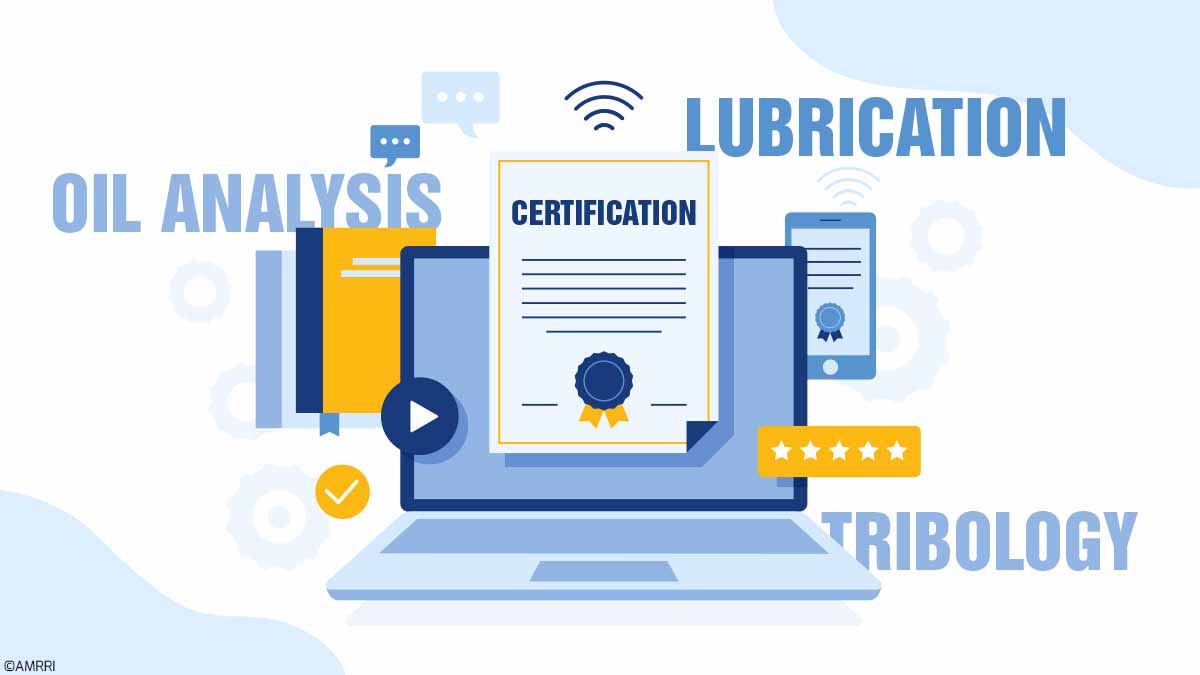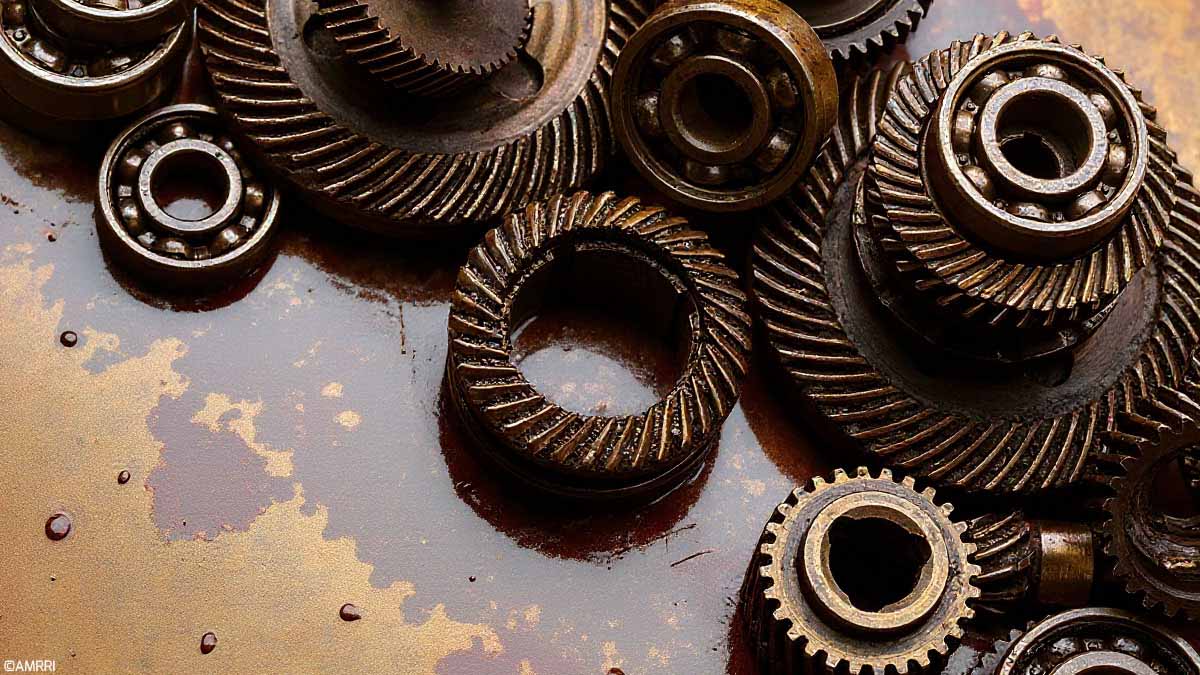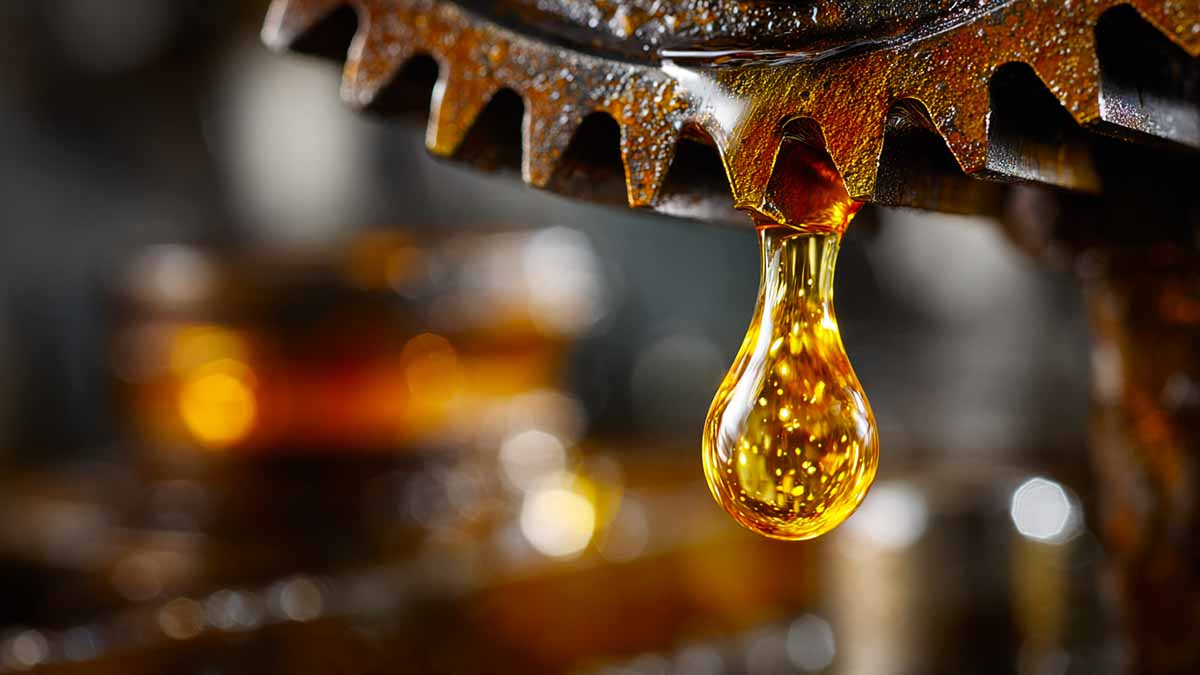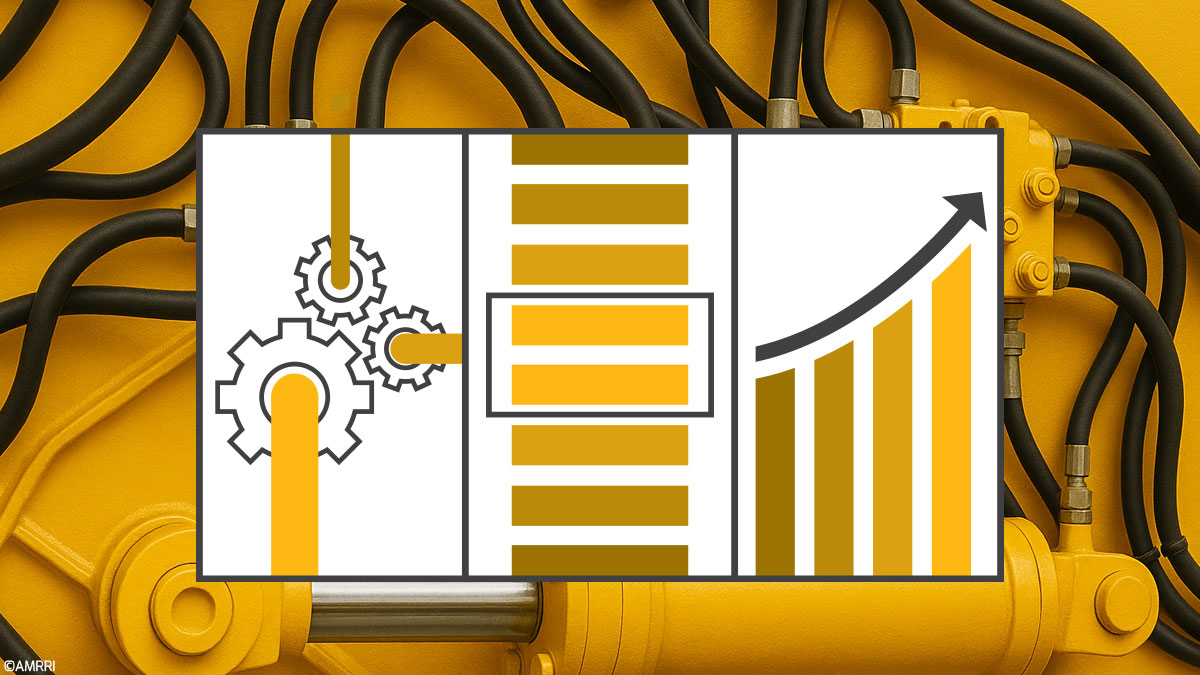Sometimes we can spend hours poring over technical data sheets, comparing oil performances, and finally selecting the “right” oil which aligns with the needs of our equipment. Then, within 2 months, the oil degrades, our machines shut down, and we have a bunch of...
Lubricants
How Lubricant Consolidation Reduces Misapplication and Downtime Risk
What's the Right Number of Lubricants for Your Plant? Over the years, I have been to sites with either too many or too few lubricant types. Both scenarios are potentially costly. On the one hand, too many types of lubricant are costly in terms of purchase price and...
Compressor Oil: Types, Applications, and Performance Drivers
Compressors are integral to many of our operations. They are used to compress gas, increasing its pressure, and to power tools. They can also be used as vacuum pumps or blowers, but each application is different. As such, they require various types of lubrication,...
25 Conversation Starters When Your Lube Room Looks Like a Crime Scene
When the lube room resembles a crime scene - chaotic storage, unlabeled containers, questionable handling tools, inconsistent transfer practices - it becomes a hidden driver of accelerated wear, additive depletion, ingress-driven contamination, and component life...
Maintenance & Reliability: Where You Fit on the Industrial Tribology Map
When I go into industrial plants and tell the Lubrication Team, aka, oilers and greasers, that they are Tribologists, I usually get a look of confusion on how they would fit in. When you first think of Tribology, your thoughts may immediately go to all the great PhD...
How to Pick Between Lubrication, Oil Analysis, and Tribology Certifications
"I want to obtain a certification in the area of..." is often one of the goals set by maintenance personnel, especially those working in predictive maintenance. One of the certifications in the predictive area that has seen significant growth is the lubrication...
Lubricant Varnish: How to Detect, Prevent and Fight this Silent Enemy
Varnish formation is one of the most critical and often overlooked challenges faced by industrial lubrication systems, especially in high-performance applications such as steam turbines, gas turbines, compressors, and precision hydraulic systems. Even when invisible...
Root Causes of Electrostatic Spark Discharge in Modern Lubrication Systems
Understanding Electrostatic Spark Discharge and Its Impact on Lubrication Systems Electrostatic Spark Discharge typically occurs when static is built up in an oil at a molecular level, causing it to discharge in the system and create free radicals, which increase the...
The Multi-Functional Role of Modern Lubricants in Machine Reliability
I was once asked, “Why are lubricants so different? Why can’t we simply buy a ‘one fits all’ oil and grease?” I explained that the old farmers' axiom, “Oil is oil, any oil will do,” may have had some merit 100 years ago, but it doesn’t now. In today’s world of...
Hydraulic Oil Basics: Functions, Types, and Performance Factors
Hydraulic systems are used to transmit force from one point to another via a fluid. This fluid is usually hydraulic oil, and the concept is based on Pascal’s law. Hydraulics are present in nearly all industries and play a critical role in enhancing operational...

